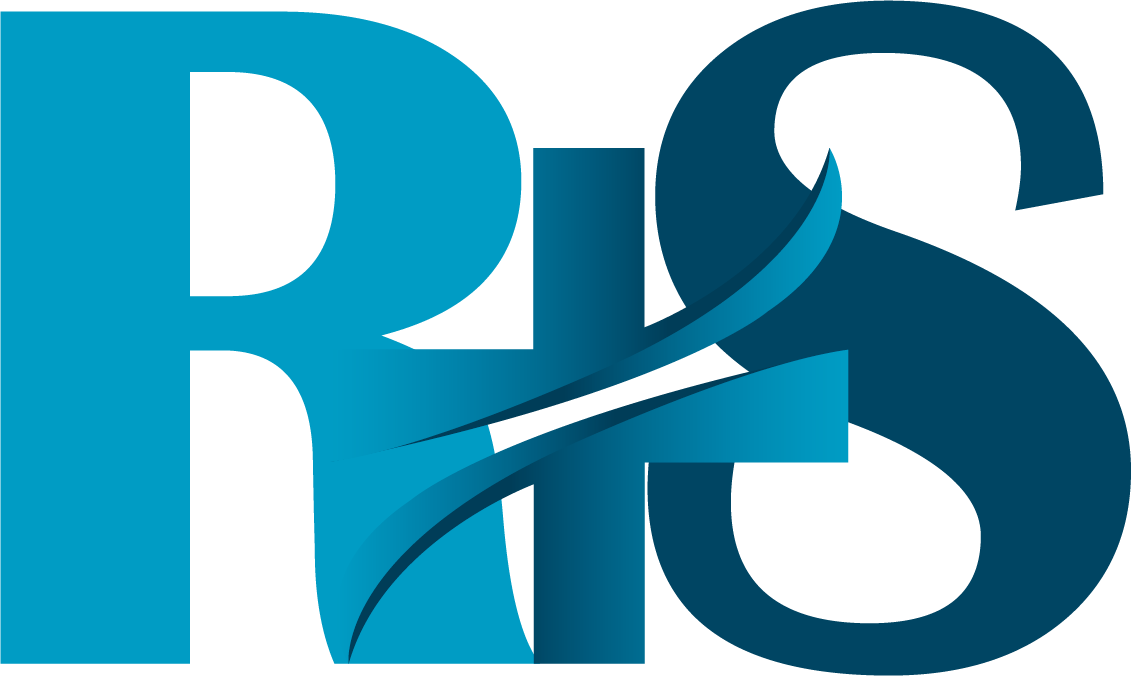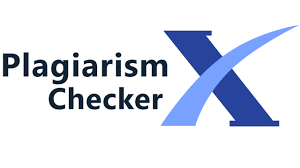Response to Stress Axes and Psychosomatic Conditions
DOI:
https://doi.org/10.52428/20756208.v10i23.559Keywords:
Stress, Psychosomatic illnesses, Musculoskeletal disorder, PhysiotherapyAbstract
This article aims to inform the relationship between stress and resulting psychosomatic disorders, especially the pain symptom that produces effects on the musculoskeletal system, it is important to note that stress creates more stress, and if not treated properly can lead even to death. By knowing the symptoms and typical signs of each phase of the axes of stress, it may increase efficiency in the physiotherapy intervention and objectify the results thereof. Also, through knowledge of these axes activation, local effects can be prevented at musculoskeletal level through schemes prophylactic intervention type.
Downloads
References
GONZÁLEZ MT, LANDERO R. Síntomas psicosomáticos y teoría transaccional del estrés. Ansiedad-Estrés. 2006; 12(1 ):45-61.
QUEVEDO-AGUADO, M.P., DELGADO, C., FUENTES, J.M., SALGADO, A., SÁNCHEZ, T., SÁNCHEZ J.F. Y YELA, J.R. (1999). Relación entre "despersonalización" (burnout), trastornos psicofisiológicos, clima laboral y tácticas de afrontamiento en una muestra de docentes. Estudios de Psicología, 64, 87-107. https://doi.org/10.1174/02109399960256784
MATUD M, BETHENCOURT J. Ansiedad, depresión y síntomas psicosomáticos en una muestra de amas de casa. Revista Latinoamericana de Psicología. 2000; 32(1):91-106

Downloads
Published
How to Cite
Issue
Section
License
Copyright (c) 2015 Lenny Helen Rivero Callejas

This work is licensed under a Creative Commons Attribution 4.0 International License.
Authors who publish with this journal agree to the following terms:
- Authors retain copyright and grant the journal right of first publication with the work simultaneously licensed under a Creative Commons Attribution License 4.0 that allows others to share the work with an acknowledgement of the work's authorship and initial publication in this journal.
- Authors are able to enter into separate, additional contractual arrangements for the non-exclusive distribution of the journal's published version of the work (e.g., post it to an institutional repository or publish it in a book), with an acknowledgement of its initial publication in this journal.
- Authors are permitted and encouraged to post their work online (e.g., in institutional repositories or on their website) prior to and during the submission process, as it can lead to productive exchanges, as well as earlier and greater citation of published work.






















